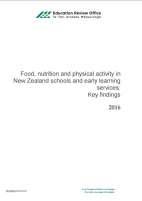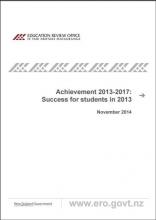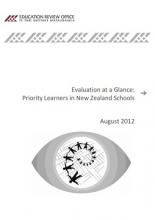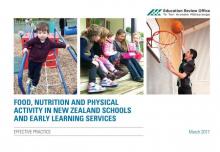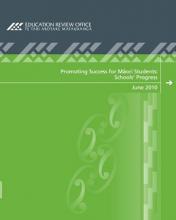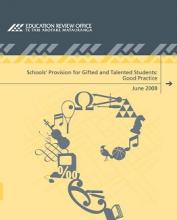Leadership: building effective teams
A principal describes the need to establish the ‘fertile ground for innovation’ by being explicit about the need to be ‘comfortable being uncomfortable’ in order that together they can question, inquire and critique to make things better the learners.




